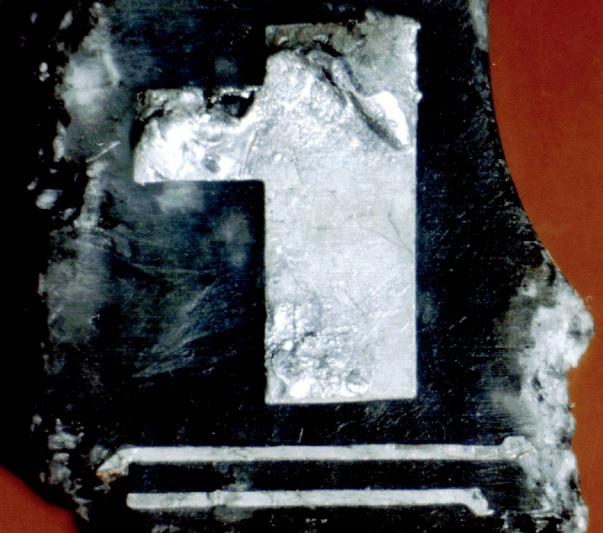The consumption of fructose during pregnancy could have consequences on the fetus, causing oxidative stress in plasma and liver, in addition to affecting the correct state of the placenta, according to a study of the San Pablo CEU.

The excessive consumption of fructose , a known sweetener commonly used by the food industry in sugary drinks and processed foods, has been linked by several investigations with the onset of certain diseases converted already in pandemics of the XXI century as obesity and diabetes . The effects of a high intake, in the case of pregnant women, can also end up affecting offspring .
This has been confirmed by several studies, such as one carried out by Spanish scientists in 2013, which showed how mothers ‘ consumption of fructose “could condition the biological response of the offspring to fasting or obesity.” More recently, in this same year, another research related maternal abuse of sugary products rich in fructose with increased metabolic risk in children.
Now a new study carried out by experts from the Universidad CEU San Pablo and published in the journal Molecular Nutrition & Food Research has again affected the negative effects of the consumption of fructose by pregnant women in their offspring , but also in the placenta during gestation.
RESEARCH ON THE EFFECTS OF FRUCTOSE ON MICE
To carry out the study, the authors divided the rodents into three groups. In the first one, the mice drank a solution of water containing fructose throughout the gestation process. In the second, the water was mixed with glucose. While the third only drank water. All groups followed the same diet, so that the drink was the only reference.
With the results in hand, scientists found that, in addition to the fact that fructose consumption caused oxidative hepatic stress in pregnant mice, it also had effects on the fetuses, which showed in the plasma and liver high levels of oxidation. In the case of the placenta , it also presented clear signs of oxidative stress, as well as a decrease in the amount of hemo oxygenase 1 (HO-1), a recognized antioxidant whose presence in correct proportions helps prevent the emergence of complications during pregnancy such as preeclampsia or premature births , among others .
Advertisements Share this with other guys:




